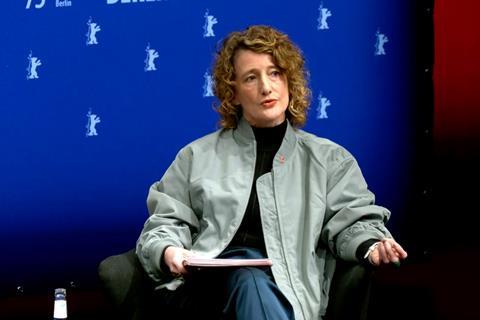
Unveiling her first Berlinale line-up today, Tricia Tuttle underlined the festival’s political nature but said she wanted the selection to “get people talking about the vibrancy of the art form itself and the films themselves”.
2025 marks the 75th anniversary of the Berlinale, and Tuttle noted that it was set up to “provide a space for the world to come together around cinema and to enable Germans to experience and connect with other cultures.”
She said the importance of its founding principles was just as urgent now, “when in countries all over the world, people are looking inward. Cinema does help us connect with and understand each other.”
Over the past year, politics has arguably overshadowed some of the films at the Berlinale amid intense debates over free speech in the wake of the Israel-Hamas and Russia-Ukraine conflicts.
In her opening address, Tuttle sought to navigate a path for the 2025 edition where politics can be discussed but films can also be celebrated.
“People often ask me, the press often ask me, if we’re a political festival and we cannot, and we do not shy away from this. It’s arguably in the DNA of the city itself and also in the festival itself,” said Tuttle.
“But it’s fair to say that the Berlinale is many things, and for all festivals and all culture right now, the news agenda can often dominate the discourse.
“But we really hope, and we believe that the films that audiences are going to see over the next over the weeks of the festival are going to get people talking about the vibrancy of the art form itself and the films themselves.”
She said that Berlinale audiences would see “films that exalt human ingenuity, even as they marvel at how frequently we fail to harness that power for good.
”And there are films that note our tribalism, but also many, many films that speak about the fact that wider communities and different human connections give the world meaning for us. There definitely are warnings and there are calls to action, but there are also love stories and comedies and offerings of hope and magic and wonder.”
Tuttle also used her opening address to stress the industry role of the festival. “This is a major A-list festival with a thriving market, but we’re also a major audience festival,” she said.
“Independent cinema exhibition is showing green shoots of recovery, and all of us are part of this. Festivals play a really big role in ensuring that audience anticipation for bold new cinema is high. Our festival is also a bustling market – the European Film Market – and we have our other Berlinale Pro initiatives. These have an important role in supporting the industry and ensuring a thriving future for cinema.”
Political questions
In a Q&A with press following the line-up announcement, Tuttle was asked to expand on the political challenges faced by the Berlinale over the past year.
“Lots of filmmakers from Arab countries have approached us over the last weeks, just to make sure that the festival is a space for open dialogue and discourse. Where we can, we like to have individual conversations, and we’d encourage filmmakers to come to us, to talk to us about this. It’s affected the programme, I think, but so far it’s not something that’s kept us from being able to programme the programme that we want to. But outreach is really important for us.”
She did admit that it has been challenging to navigate for Berlinale, but said it has been challenging for all festivals. “We’re living in a world that’s very divisive and divided, and discourse is not always friendly and open. So that creates a challenging environment anyway.
“But also, as challenging as it’s been, and I mean this, honestly, it’s also been joyous and pleasurable and a real privilege to get to watch the films that we’ve just talked about here and work with our teams to put together a programme. So I think it would be crazy for me to complain about the challenges when we have these amazing films to show to audiences.”





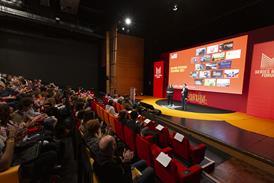







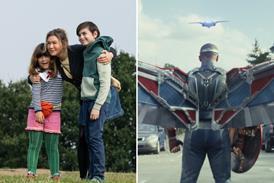
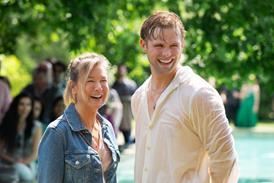

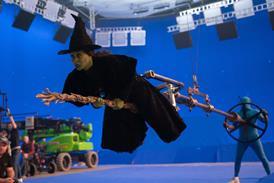
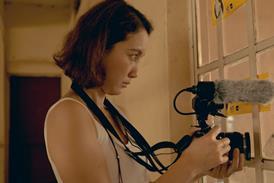







No comments yet